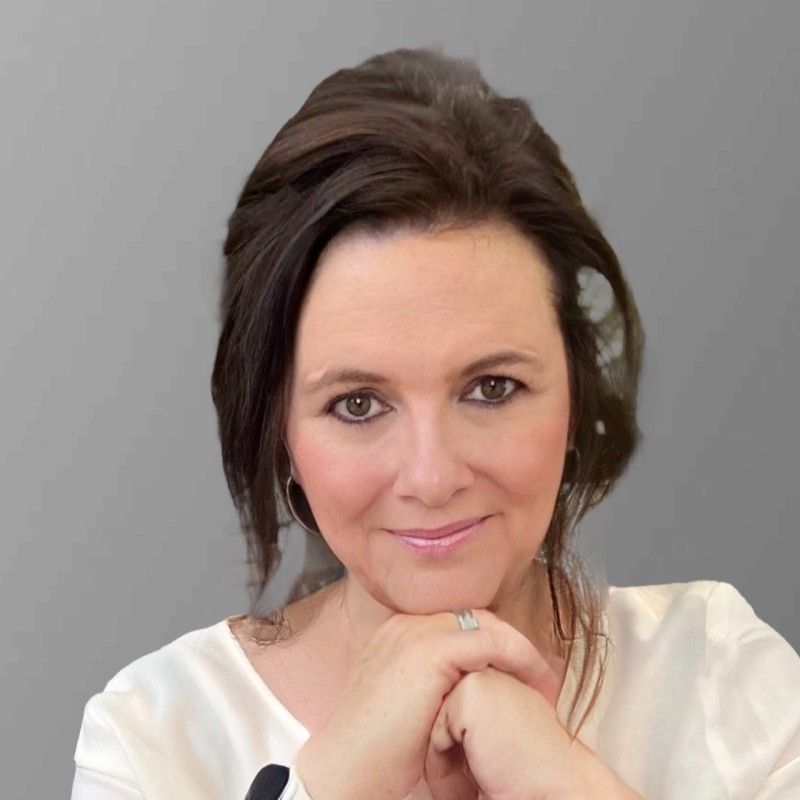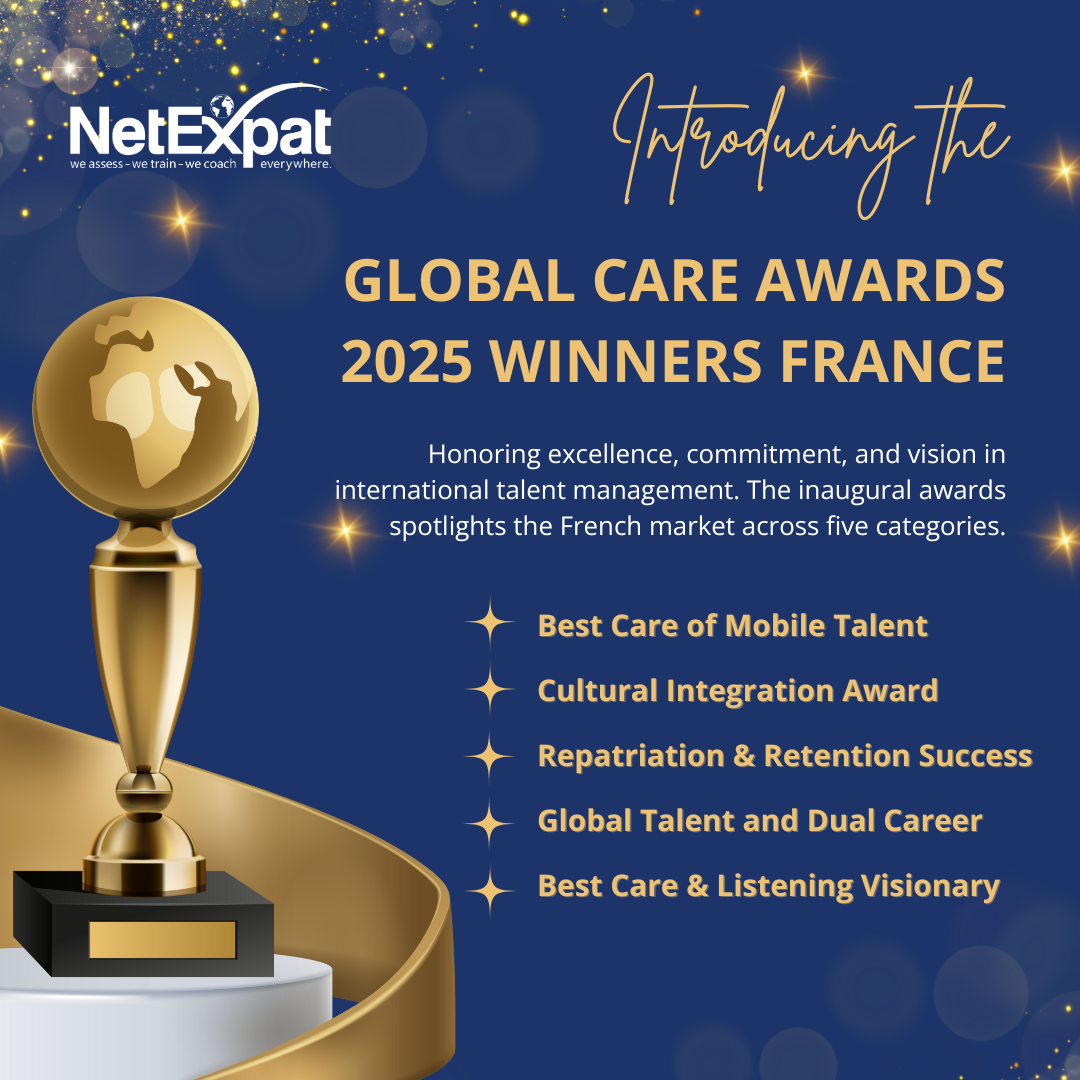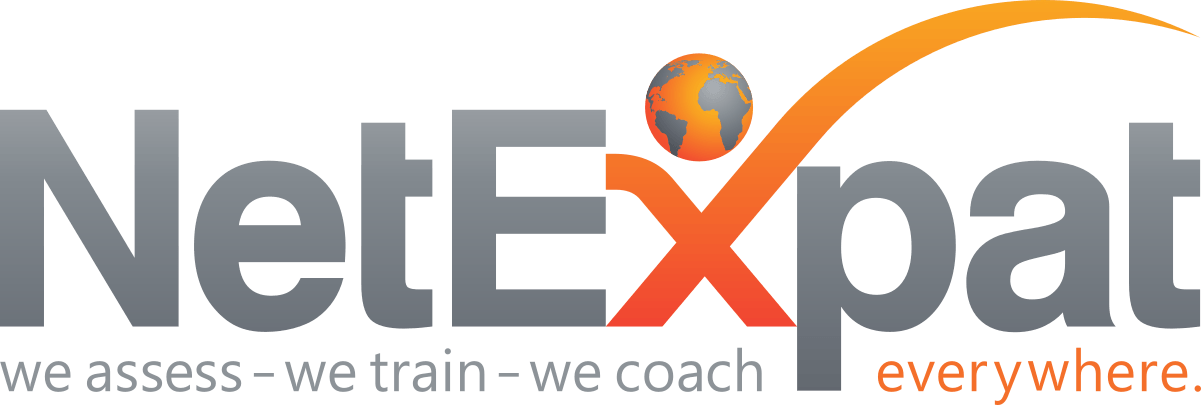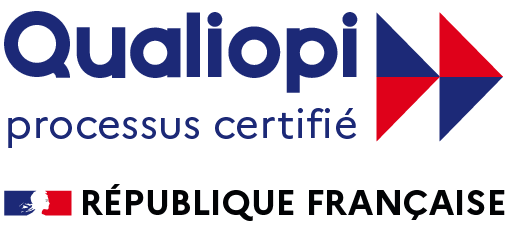I was born in Brazil and my entire family is still there except my parents and brothers and sisters who live in the US. I was lucky in that my parents were very curious about the world and they loved to travel. When I was very young we lived in London and Vienna before my parents made the decision to move to the US from Brazil.
I studied at the American University in Paris. I later moved to the south of France where I worked for Dow Chemical Company for 13 years before I came back to the US. Today, I would say I call Connecticut home.

















